You consider your home a sanctuary, a quiet haven from daily life. However, many hidden hazards lurk within. From everyday household items to seemingly harmless plants, numerous substances can be toxic to your four-legged friend. In this guide, our Driftwood Animal Hospital team describes the most common pet toxins and explains how to keep your pet safe from harm.
Household cleaning products that are harmful to pets
Many household cleaning products contain chemicals that can harm pets if they ingest or inhale them. Common ingredients, such as bleach, ammonia, and phenols, can irritate the skin, eyes, and respiratory tract. Additionally, If your pet ingests these substances, they can develop serious health issues such as gastrointestinal (GI) upset, organ damage, and poisoning. To protect your pet, store cleaning products securely out of reach and opt for pet-safe alternatives.
Human medications that are harmful to pets
Ensure you keep all medications, both prescription and over-the-counter (OTC) drugs, safely stored away from pets. Many medications intended for human use can be toxic to pets, even in small doses. Painkillers, antidepressants, and cold medicines are just a few examples of medications that can be harmful if your pet ingests them. Always consult with our veterinarian before giving your pet any medication, and never leave pills or tablets within their reach.
Tobacco and nicotine products that are harmful to pets
Tobacco and nicotine products, including cigarettes, cigars, chewing tobacco, nicotine gum, and vape pens, can be toxic to your pet if they ingest them. Nicotine poisoning can cause problems such as vomiting, diarrhea, rapid heart rate, tremors, seizures, and death. Keep all tobacco and nicotine products securely stored away from pets, and dispose of cigarette butts and other tobacco waste safely to prevent ingestion.
Veterinary products that are harmful to pets
Just like medications for people, prescription drugs for pets can be toxic if ingested inappropriately. Whether your pet is taking antibiotics, pain relievers, or medications for chronic conditions, you must keep all prescription drugs safely stored away from your furry pal. Store medications in their original containers with childproof caps, and keep them out of reach by placing them on high shelves or in locked cabinets, especially if the medication is a tasty parasite preventive or compounded chew.
When medicating multiple pets in your household, administer medication to one pet at a time to avoid mix-ups or overdosing. Double-check prescription labels to ensure you are giving the correct medication to the right pet, and that you are administering it appropriately. If administering topical medications or preventions, avoid applying topical treatments near your pet’s mouth or eyes, and prevent them from licking or grooming the treated area until the product has dried completely.
Chocolate is harmful to pets
While a sweet treat for people, chocolate can be extremely dangerous for pets, especially dogs. Chocolate contains theobromine and caffeine, which are toxic to pets and can cause vomiting, diarrhea, rapid breathing, increased heart rate, seizures, and death. Dark chocolate and baking chocolate are particularly high in these compounds and pose the greatest risk to pets’ health. Keep all chocolate products safely stored away from pets, and seek immediate veterinary attention if you suspect your pet has ingested chocolate.
Foods that are harmful to pets
Certain human foods can be toxic to pets if ingested in a large quantity or over time. Examples include:
- Grapes, raisins, and currants — These sweet fruits can cause kidney failure in dogs.
- Onions, garlic, and chives — These Allium family vegetables can cause red blood cell damage, leading to anemia.
- Xylitol — This artificial sweetener, commonly used in sugar-free gums and candies, can cause a rapid insulin level increase in dogs, leading to hypoglycemia and liver failure.
- Alcohol — Even small amounts of alcohol can cause intoxication and potentially life-threatening complications in pets.
- Avocado — Avocado contains persin, a substance that can be toxic to dogs and other animals.
- Macadamia nuts — These can cause weakness, vomiting, tremors, and hyperthermia in dogs.
Plants that are harmful to pets
Many common household plants and flowers can cause a pet toxicity if they ingest them. Some examples include lilies, azaleas, tulips, daffodils, and sago palms. Pets’ plant poisoning signs vary depending on the plant involved but may include vomiting, diarrhea, drooling, lethargy, and difficulty breathing. To prevent accidental ingestion, research any plants before you bring them into your home and ensure they are safe for pets. Opt for pet-friendly alternatives to keep your furry pal safe.
Rodenticides and insecticides are harmful to pets
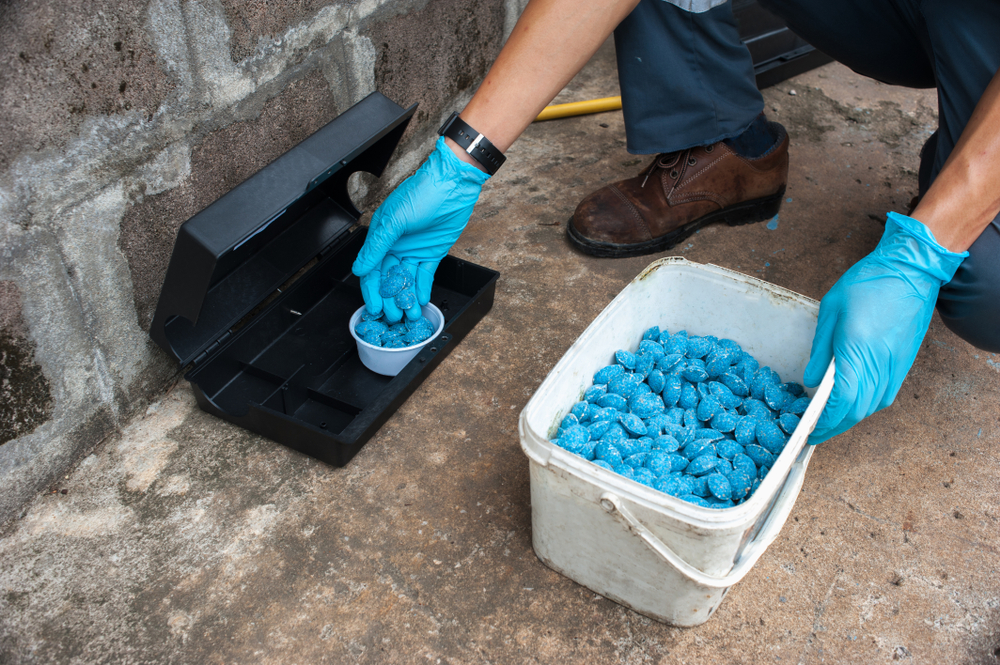
Products used to control pests, such as rodents and insects, pose a serious threat to pets if they ingest these chemicals. Although rodenticides contain toxins that are meant to kill rodents, they can also harm your pet if they ingest these poisons. Similarly, insecticides can be toxic to pets if ingested or absorbed through the skin. Always follow the instructions carefully when using these products, and consider using pet-safe alternatives or pest control methods.
By being aware of common toxins and taking steps to prevent your pet’s exposure, you can protect your four-legged friend from harm. Remember to store household chemicals securely, keep medications and chocolate out of reach, research plants for toxicity, and use caution when using pest control products. However, if you suspect your pet has ingested or come in contact with a toxin, contact our Driftwood Animal Hospital team immediately, in addition to calling an animal poison control center for help.

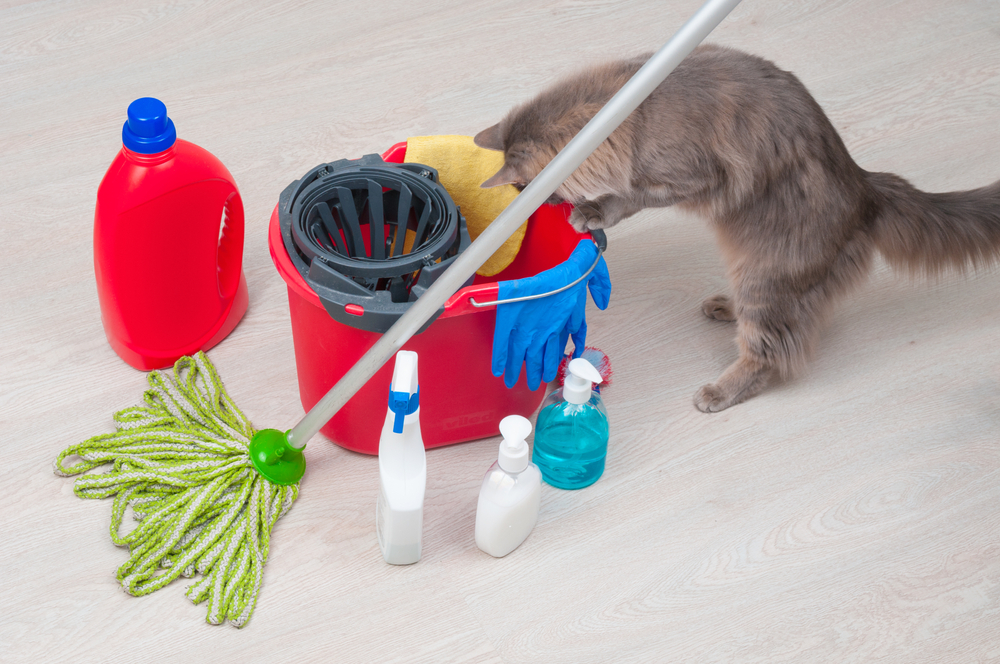
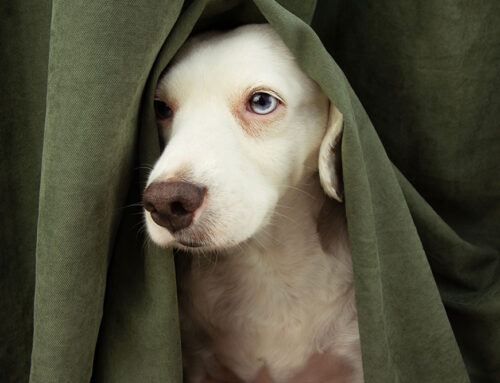

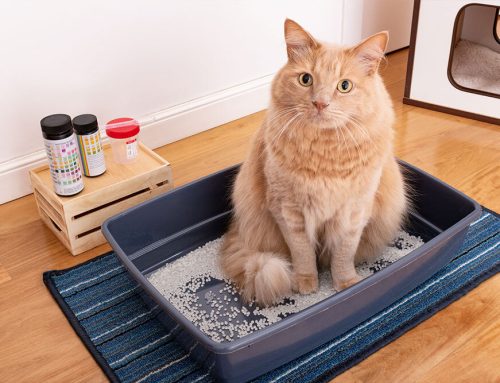
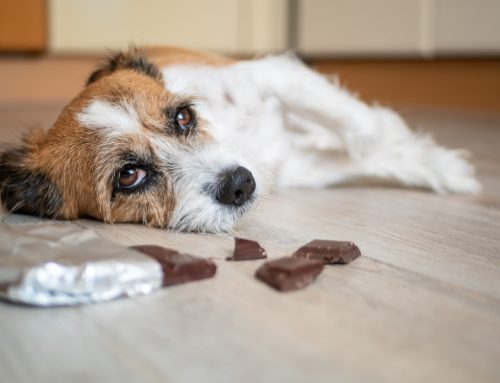


Leave A Comment